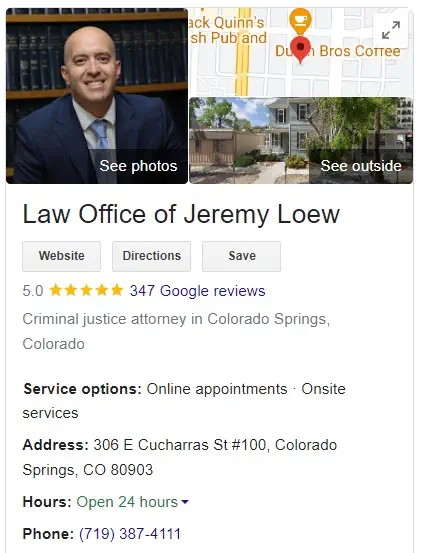Wrongful Death Attorney
Helping You Seek the Justice and Compensation You Deserve
One of the most difficult times in a person’s life is having to cope with the loss of a loved one, especially a wrongful death. If a family loses a member, because of another party’s negligence or wrongdoing, the grieving process can be deep.
Wrongful Death Attorney
The surviving family members in such situations may be entitled to pursue a wrongful death claim against the parties responsible and receive the financial compensation that they may be entitled to.
Monetary damages obviously cannot offer the bereaved family closure, but it can help them deal with the medical costs and expenses and lost income opportunities associated with the loss of their beloved and lets them focus on what matters the most, which is healing and moving on with their lives.
What’s a Wrongful Death Lawsuit?
A wrongful death can be defined as that which happens when an individual loses his/her life because of the negligence or misconduct of another party. The person is obviously no longer present physically, which means that he/she cannot serve as a plaintiff in the personal injury lawsuit.
The estate of the deceased thus steps in to seek monetary damages as well as establish liability on the part of the defendant whose negligence or misconduct was ultimately responsible for the person’s death.
Wrongful Death Is A Civil Claim
A wrongful death claim is a civil claim. It differs in 2 main ways from a criminal case. A state or federal prosecutor files a criminal case and the guilty party receives punishment in the form of probation, imprisonment, or other penalties.
If you have recently lost a loved one in an accident which was the result of the negligence of someone else, you could be entitled to substantial financial damages under the law. All you need is a reputable Colorado wrongful death attorney to help you and your family understand your rights under the law and claim the compensation you are entitled to during your time of need.
States throughout the U.S. have passed wrongful death statutes for compelling doctors, manufacturers, and hospitals to act carefully to prevent unnecessary injuries, wrongful deaths still occur in a wide variety of circumstances.
Wrongful death claims can arise from:
- Dog Bites
- Defective Products
- Unsafe Premises
- Dangerous Drugs
- Vehicular Accidents
- Medical Malpractice
- Pedestrian Accidents
- Workplace Accidents
- Construction Accidents
- Nursing Home Neglect and Abuse
Wrongful death cases can be incredibly complex, particularly when several parties are accountable for the untimely death of a loved one. It is for this reason alone that you should strongly consider working with an experienced Colorado Springs personal injury lawyer who can examine the events and circumstances that led to the death of your loved one.
Statute of Limitations in Colorado – 2 Years Total
In Colorado, the deceased person’s surviving spouse is the only one who is allowed to file a wrongful death claim in the first year after the death. In the second year after the death of a loved one, both the surviving spouse and surviving children are permitted to file a claim.
If the deceased did not leave any surviving spouse or children, then his/her parents are allowed to file a wrongful death claim in Colorado.
If the family of the victim does not file a lawsuit within 2 years, the court will almost definitely not award the family any compensation or damages as the statute of limitations has expired. Surviving members of the family would thus lose a golden opportunity for pursuing a judgment of liability along with damages for their loved one’s untimely death.
Do You Have a Valid Claim for a Wrongful Death Case?
Monetary damages cannot obviously bring back the deceased. However, pursuing a claim and ensuring that the parties responsible are held accountable for your loss can provide a means for you to move forward by ensuring a college education for children or being able to put food on the table if the deceased was a bread winner in the family.
Jeremy Loew offers a free, no-obligation case evaluations to the surviving family members of people that lose their lives due to the negligence or fault of others.



 Out of a field of approximately 1,100 attorneys surveyed,
Out of a field of approximately 1,100 attorneys surveyed,